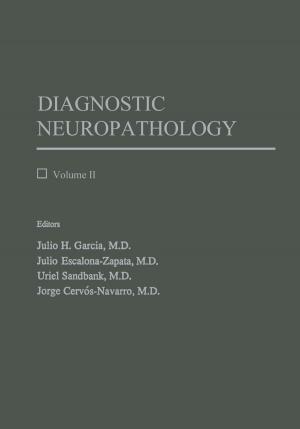Beneficial Microorganisms in Multicellular Life Forms
Nonfiction, Science & Nature, Science, Biological Sciences, Microbiology, Evolution| Author: | ISBN: | 9783642216800 | |
| Publisher: | Springer Berlin Heidelberg | Publication: | August 30, 2011 |
| Imprint: | Springer | Language: | English |
| Author: | |
| ISBN: | 9783642216800 |
| Publisher: | Springer Berlin Heidelberg |
| Publication: | August 30, 2011 |
| Imprint: | Springer |
| Language: | English |
All animals and plants form associations with hundreds or thousands of different beneficial microorganisms. These symbiotic microbes play an important role in the development, adaptation, health and evolution of their hosts. This book brings together a group of diverse biologists to discuss microbial interactions with multicellular life forms including insects, corals, plants, and mammals, including humans. The various mechanisms by which microorganisms benefit their hosts are discussed, including providing essential nutrients, preventing disease, inducing the immune system, and combating stress. Since the microbiota can be transferred from parent to offspring, it plays an important role in the origin and evolution of animal and plant species. This book should be of interest to the widest range of biological scientists, merging the studies of host and microbial physiology, symbiosis, and the ecology and evolution of symbiotic partners.
All animals and plants form associations with hundreds or thousands of different beneficial microorganisms. These symbiotic microbes play an important role in the development, adaptation, health and evolution of their hosts. This book brings together a group of diverse biologists to discuss microbial interactions with multicellular life forms including insects, corals, plants, and mammals, including humans. The various mechanisms by which microorganisms benefit their hosts are discussed, including providing essential nutrients, preventing disease, inducing the immune system, and combating stress. Since the microbiota can be transferred from parent to offspring, it plays an important role in the origin and evolution of animal and plant species. This book should be of interest to the widest range of biological scientists, merging the studies of host and microbial physiology, symbiosis, and the ecology and evolution of symbiotic partners.















